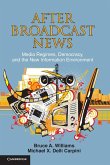
Broschiertes Buch
Media Regimes, Democracy, and the New Information Environment
1. Oktober 2011
Cambridge University Press
| Gebundenes Buch | 100,99 € | |
| eBook, ePUB | 21,95 € | |
| eBook, PDF | 29,95 € |
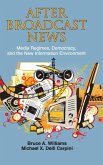
29,95 €
Sofort per Download lieferbar
21,95 €
Sofort per Download lieferbar
12,95 €
Sofort per Download lieferbar
eBook, ePUB
13. März 2006
University of Illinois Press
Ähnliche Artikel

Broschiertes Buch
Ein Handbuch
Juni 2020
transcript / transcript Verlag

Broschiertes Buch
2006
26. Oktober 2006
VS Verlag für Sozialwissenschaften
978-3-531-14417-7
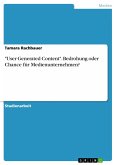
Broschiertes Buch
3. Aufl.
2. Januar 2008
GRIN Verlag
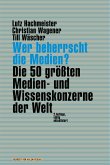
Broschiertes Buch
Die 50 größten Medien- und Wissenskonzerne der Welt
2. Aufl.
22. Februar 2022
Halem

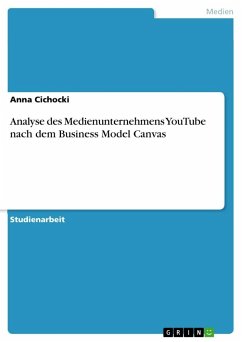
Broschiertes Buch
1. Auflage
13. September 2019
GRIN Verlag
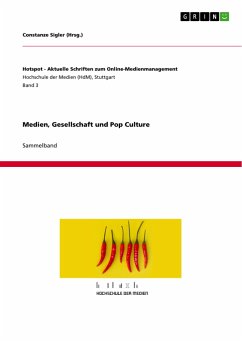
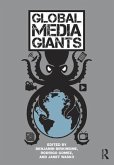
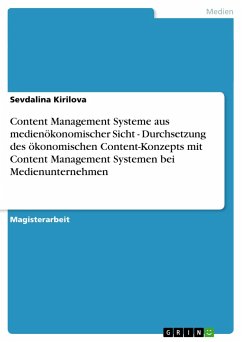
Broschiertes Buch
2. Aufl.
14. März 2011
GRIN Verlag
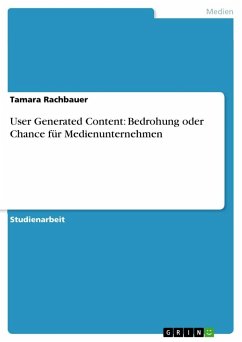
Broschiertes Buch
1. Auflage
17. März 2012
Examicus Verlag / GRIN Verlag
Ähnlichkeitssuche: Fact®Finder von OMIKRON
